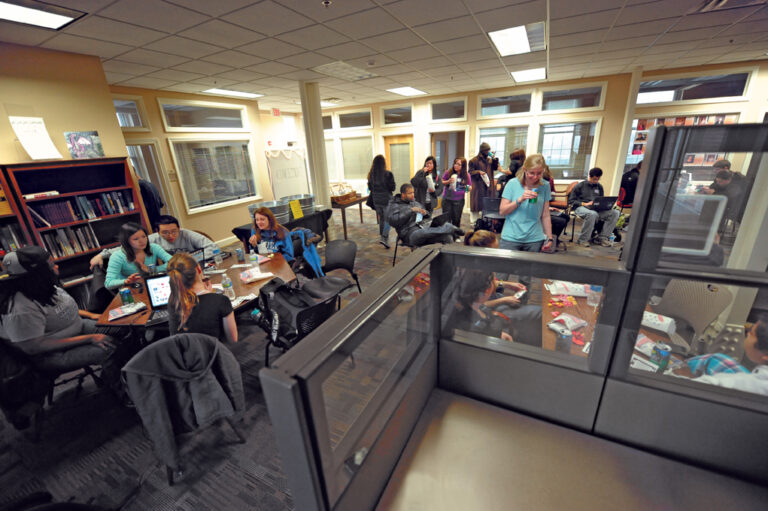The center affords students many opportunities to bridge out through educational development, internships, and career developments. Recently relocated to the third floor of Stephenson Hall, the Center for Transformative Learning (CTL) is a tremendous resource for Berea College’s campus community. The CTL’s mission is to inspire all members of the campus community to grow personally, intellectually, and professionally to support a life of ongoing active learning. It represents the central campus location that offers support and programming for faculty development as well as student academic and professional growth. One major aim of the office is to help students build bridges into, through, and, perhaps most importantly, out of Berea College by providing support throughout a student’s college career. According to Esther Livingston, the Director of the Internships program, “Building a bridge out is about being prepared to take advantage of opportunities when they arise, in order to leave Berea able to earn a living doing something that you are good at and find personally rewarding.”
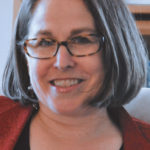
Building this bridge begins when students arrive for their first semester, according to the Center’s director Dr. Leslie Ortquist-Ahrens, who also serves as Director of Faculty Development. “Students, ideally, begin exploring their interests and building their knowledge, skills, and abilities in their first year. They don’t need to know what they want to do at that point, but they begin to lay the groundwork for the next four years,” says Leslie. “I think a lot of students don’t realize that career development is important to them when they arrive. It doesn’t mean they’re committing to a career. It means they’re getting a sense of who they are, determining where they are already strong and where they need to grow, remaining aware of how their academic studies relate to life beyond Berea, and researching what’s possible for them in the world.” From day one, students are encouraged to take advantage of CTL services that will provide strategies to develop excellent writing and presentation skills, help students learn about themselves and the career decision-making process, demonstrate techniques for networking and interviewing, assist students in gaining career-related skills and work experience, and make connections that will help them transition from student to professional. Encouraging students to use the CTL for personal and professional growth starts with the students working in the Center itself. Leslie has been working closely with Interim Coordinator of Peer Consultation and recent Berea graduate, Brittany Mathis, to challenge the CTL’s own Peer Consultants to be proactive and intentional in developing their skills and resumes before they graduate. “When we have students working in labor positions with the CTL, I want to make sure that they, too, are growing professionally, connecting their studies with their potential career interests in ways that are going to help them when they’re done,” Leslie says. One student whose professional growth is being facilitated in this way at the CTL is Peer Consultant and English and Philosophy double major, Bressler Wade, ’15, who tutors students who are speakers of other languages. In July of 2013, Bressler approached Peer Consultation Coordinator Brittany Mathis with the concern that some of Berea’s international students needed help with their elocution. She recounts, “He put a proposal forward and we said ‘Okay, let’s get some professional development for you.’ So he went through the training for ESL (English as a Second Language) through CELTS (Center for Excellence in Learning through Service). That’s exactly the kind of thing we’re trying to do—allow our own labor students to establish meaningful goals for their work that can pave the way for their futures beyond Berea.” Thanks to experience gained in the CTL, Bressler now plans to pursue international certification and teach English abroad after graduating.
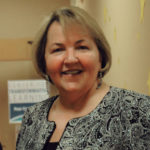
Internships are another important piece students can take advantage of in creating their bridge out of Berea. Director of Internships Esther Livingston, works alongside faculty sponsors to help students find or create internship experiences that support their ultimate career goals. Each year, increasing numbers of students come to Esther for assistance in planning internships, which includes identifying possible sites, applying for positions, preparing for interviews, receiving academic credit, and obtaining funding to help cover expenses. While she is readily available to brainstorm with students about potential internships, Esther says that most often students apply for positions they have targeted independently, based on their unique interests and goals. Last summer, John King, ’15, designed his own internship with Magnolia Photo Booth Company where he, in his own words, “traveled the Southern Appalachian Mountain Range with a crew in a Volkswagen Westfalia, outfitted as a professional photo studio, taking portraits of Appalachians.”
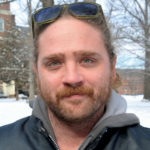
This internship worked both as research into Appalachian history and photography experience working with a potential future employer. According to Esther, “He came in and said ‘this is what I’d like to do, do you think it will work?’” and she said “I think so! If you’re interested in the history of Appalachia and photography and hope to combine those things in your career, I think that can be done.’ If students bring in a reasonable internship proposal, I approach it from the perspective of ‘Let’s see if we can make it happen.’” In addition to the services Esther provides to students, she also works with employers to develop and promote the internships they have to offer Berea students. She appreciates the fact that employer development is supported through multiple channels, including connections made through faculty, administrators, alumni, and other friends of Berea. Esther finds it incredibly rewarding to see the impact that internships have on student learning and the networking opportunities that result, often leading to a student’s first job. Alongside his colleagues, James Atkinson leads students in the area of Career Development. James says “Career Development covers everything from the time students get to Berea College and decide what to major in until they have landed their first job after graduation. Focusing on building a bridge out helps students take everything they’ve done at Berea—participating in the labor program, internships, study abroad, course work, lab work, extracurricular activities—and use that to market themselves as they’re preparing for full time employment, graduate school, service, or whatever they’re going to do.”
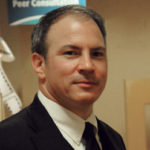
An important resource that the CTL strongly promotes to students is CareerBridge, an online system that allows students to access career assessments, do practice interviews, learn about upcoming CTL events, and search internship and job postings. Another tool that James uses to help students entering the career field is the professional networking site LinkedIn. Unlike CareerBridge, LinkedIn is a resource that many employers use to find potential employees. Where students use CareerBridge as a resource to find career information and job listings, they use LinkedIn as a way to represent themselves to the professional world online through their profile. Says James, “Anyone can create a profile, but it’s how you use the profile that counts.” This tool is not only used as a network to find jobs, but also as a tool to find information within your career. James even offered me advice on how to use LinkedIn, saying, “If you wanted to learn to write a better interview article, you could join groups on LinkedIn or seek out people who are experts in the field and connect with them.” The CTL offers a wide range of workshops for students covering topics related to resume writing, networking, internship basics, job searching, using LinkedIn and CareerBridge, interviewing, applying to grad school, and more. Attendance for these lunch-hour and evening workshops has almost tripled since moving to the new location in Stephenson Hall last year. Additionally, Peer Consultation launched its new Outreach program which offers in-depth writing workshops to the student body. The Center is continually striving to improve its services for students and provide assistance with these essential skills. In addition, the CTL administers several funds to support student needs. Students can seek funding for professional clothing, graduate school applications, test fees, senior relocation, certifications, professional exams, and support for interviews and placements for full-time jobs. Beyond these resources, students may apply for Discovery Funds to attend conferences or engage in other experiences that enhance their education. According to James, “Students can apply for funding on a first-come, first-served basis, as long as they meet the criteria for each fund. Several new lines of funding have recently been made available, and this should help us serve more students in a greater capacity than we have in the past.” “Students are not the only ones who benefit from the offerings at the CTL,” reminds Director of Faculty Development Leslie Ortquist-Ahrens. “Faculty demonstrate what it means to be lifelong learners by participating in collaborative professional development opportunities where they deepen their knowledge of teaching and learning, hone their skills, and form communities of support.” At the start of the 2013 academic year, faculty members were invited to attend the Annual Fall Faculty conference, a multi-day event featuring keynote speaker Dr. Peter Felten, presentations led by Berea faculty and staff, as well as concurrent sessions on relevant educational issues and teaching strategies. Faculty members, who are among the most essential mentors for students building their bridges out, also have an impact on whether or not a student will make use of the CTL, in part by setting a positive example when they choose to visit themselves.
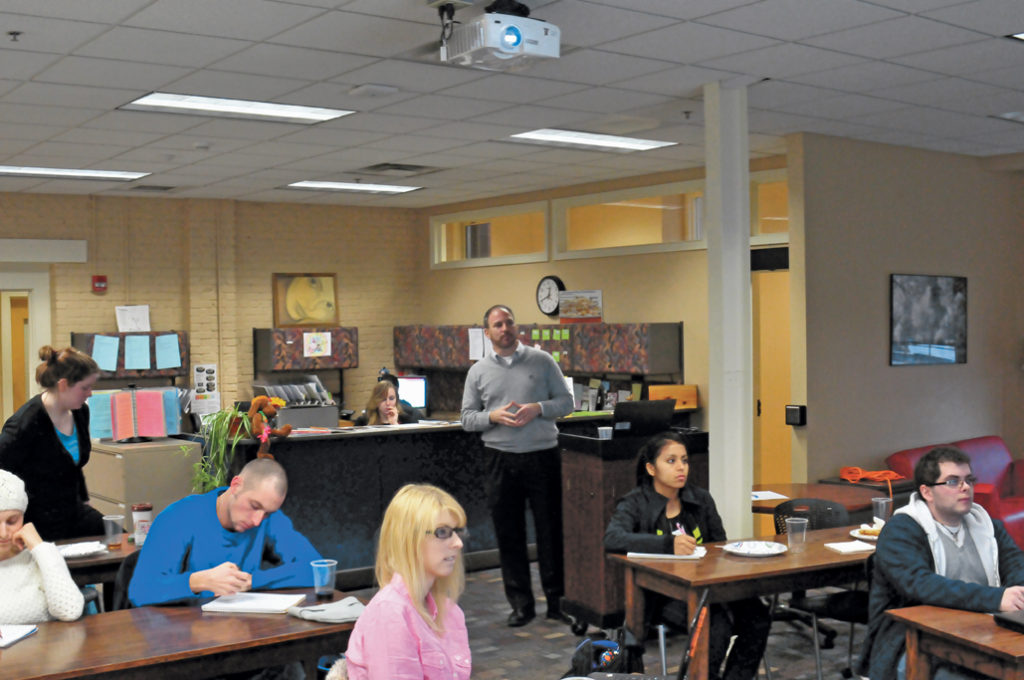
Given today’s competitive job market and the predictable challenges involved in transitioning out of the college experience, students can’t afford to miss taking advantage of the CTL’s services and learning opportunities. With soon-to-be increased human and financial resources, the CTL is poised to respond to even greater demands from current students and alumni who are committed to charting paths and building bridges for their lives beyond Berea. When students choose to take advantage of the resources and programming available at the Center for Transformative Learning, they are not only equipping themselves with practical skills for the job market or continued education, but also with a personal and individual understanding of what it means to have a rewarding and fulfilling future.


